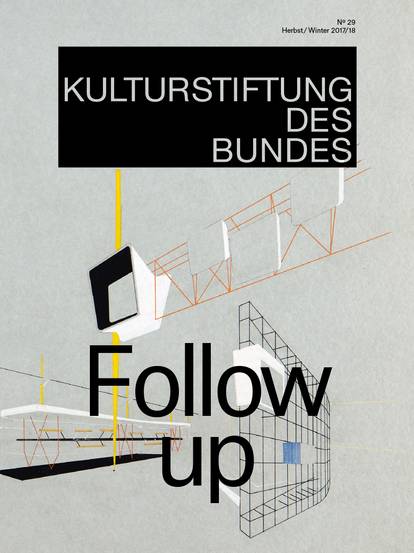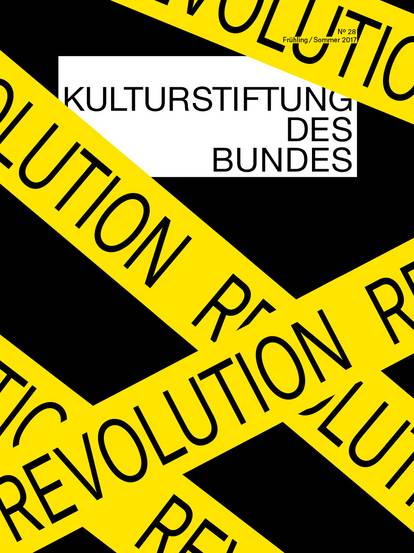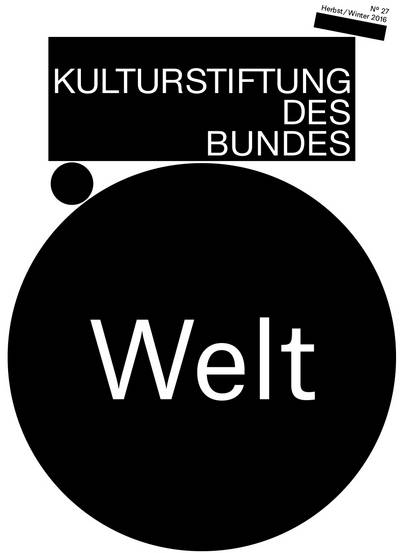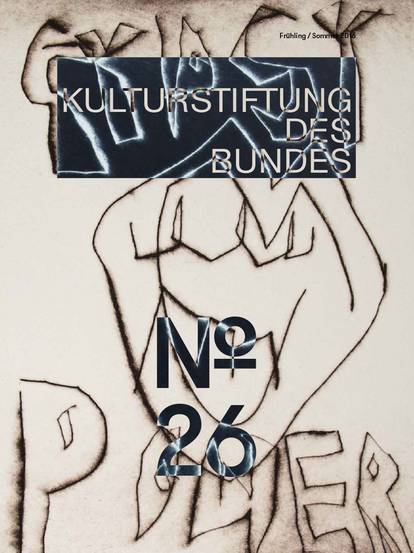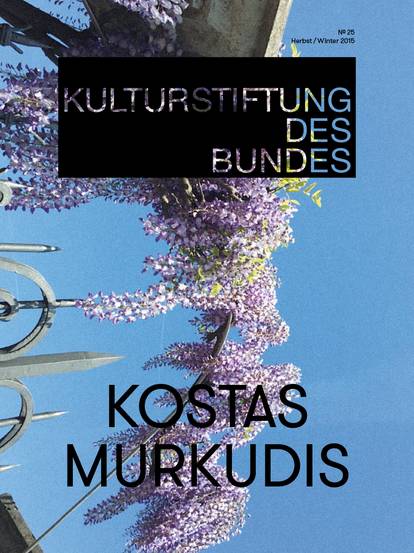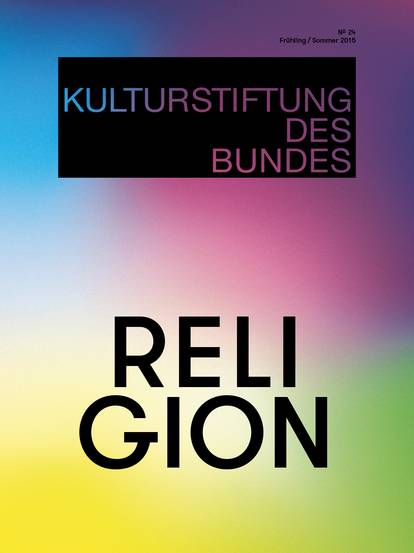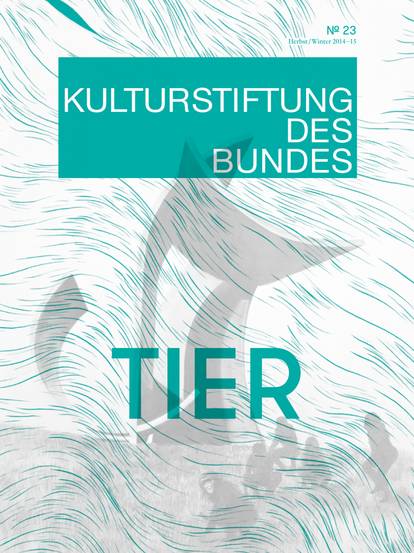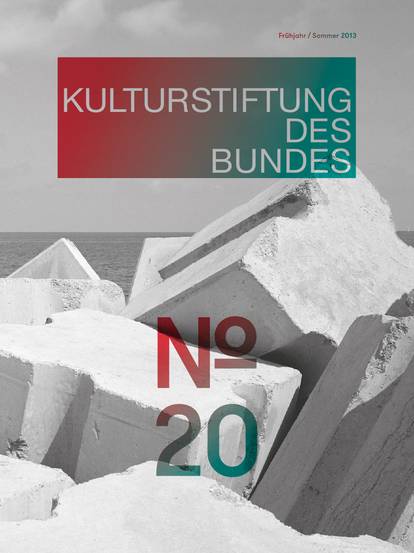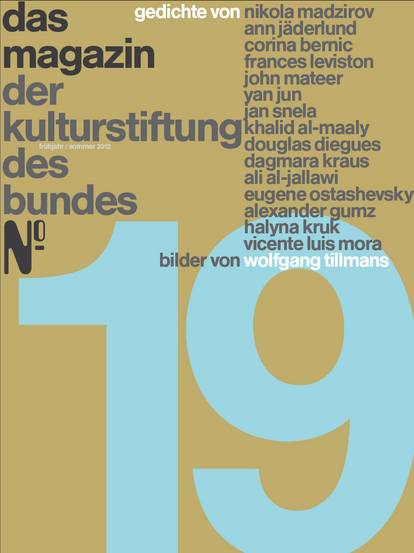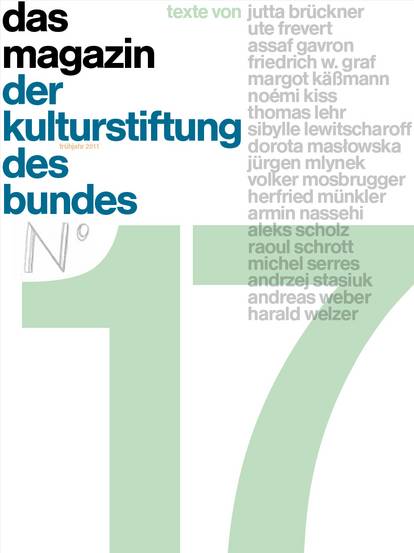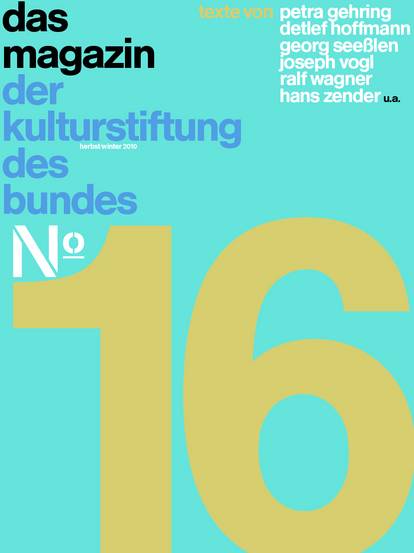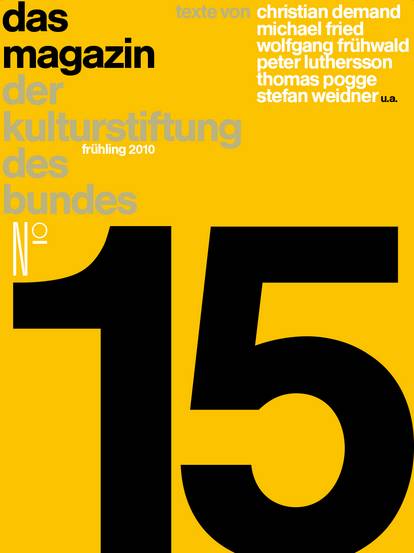In the era of the “Democracene”, demands for greater social participation are being met by revving the economic-environmental machinery of consumption, although the result is an even more intensive exploitation of natural resources. The sociologist Stephan Lessenich explores the dilemma between democracy and ecology. We asked him how the problem might be resolved.
The self-image of modern societies is that there is no real alternative to democracy as a form of government. You call democracy a “high-quality concept” which some countries tout even while they flout it. “Guided democracy” or “illiberal democracy” – nobody wants to give up the democratic label. Does this contradiction indicate that democracy has finally reached its limit historically in surmounting the challenges of the 21st century – climate change, digitalisation, migration? In your new book, you discuss the “limits of democracy”. On one hand, these are limits with which democracy itself operates. For example, the dynamics of expanding and restricting rights are inherent to the flexible logic of how democracy functions and have ensured its survival until now. It appears we can no longer depend on it as much as before.
Stephan Lessenich: “Limits of Democracy” has two different meanings. Contrary to what the definition of democracy might suggest – “equal rights for all” – democracy constantly sets limits. What’s more, its premise of legitimacy thrives on these limitations, namely that by no means do “all people” enjoy equal rights. This applies most obviously to outsiders, those who are not citizens, who aren’t recognised members of the political community. All the refugees who have fled to Europe in the past few years could certainly attest to that. But we’re also talking about foreign citizens who have lived here for years and are still denied their right to democratically participate in the political decision-making process. To me it’s obvious that this system of limitations has its own limits and that its efficacy and legitimacy is currently waning. In ethnically and culturally heterogeneous communities, the limits of democratic demarcation have been reached, and in some cases, already crossed. And in the age of migration, this societal heterogeneity will foreseeably and incessantly increase. Under these conditions, the exclusive democracies of Western society will only be able to continue defending their external boundaries by exercising open violence through the police and military. But this strikes at the heart of the democratic self-image – that guaranteeing the rights of the individual – and ultimately the few – can only be achieved apparently by depriving the others – the many – of their rights.
In your book, you point to a threat to democracy which has rarely been discussed until now – a “fundamental” limit, as you call it. The recently deceased Federal Constitutional Court justice Ernst-Wolfgang Böckenförde identified a fundamental dilemma of democracy back in 1964: “The liberal, secular state lives on conditions which it itself cannot guarantee.” That sounds like a modern palimpsest of your claim that present-day democracies are hostile to the natural environment of a social world “whose existence and sustainability depends on material conditions that it itself cannot guarantee, but which it materially and practically lives from.” Is this really a dilemma of democracy or rather one of capitalism? When it functions, it destroys its foundation, the nature (and the workers), but when democratically restricted, it can no longer function.
The environmental damage to the world, the extent of which we are at best just beginning to perceive, cannot be attributed to capitalism alone. There is no doubt that a production method that depends on the endless accumulation of wealth, on the creation of increased economic value in each new period, pushed to ever higher levels under conditions of extreme productivity – this type of production method is indeed rooted in the unrestrained acquisition, exploitation and utilisation of natural resources. There are good reasons, therefore, to replace the relatively innocent term “Anthropocene” – the geological age shaped by human activity – and call it by its real name: the “Capitalocene”. It is this capitalistic compulsion to accumulate and earn profit which has made it necessary over the last two centuries to blaze the Earth in the truest sense of the word. Of course, this is all common knowledge for the most part – at least compared with the lack of knowledge or rather the widespread desire to turn a blind eye to democracy’s role as an abettor to modern environmental destruction. Democracy tamed capitalism, but at a price. It provided a generally accepted justification for destroying human livelihoods. The material participatory rights, which the broad majority of the population in Western democracy have struggled to achieve, derive from those economically value-creating – and environmentally value-razing – potentials of capitalistic production methods whose returns have resulted in the rise of the democratic welfare state and have benefited, at least to some extent, the non-proprietary class. Most regrettably, not only shareholders but also wage-dependent workers have an interest in maintaining an economic system that, despite ruining the natural living environment, also meets the social demands for participation. In this regard, one could describe this period of world history as one in which humans have veritably subjugated the Earth to their will; we could call it the “Democracene”. And the contradictions continue. For instance, it was democracy that made environmental interests politically effective thanks to new social movements. Now we can swim in the Rhine again and the sky over the Ruhr region is truly blue. However, the price we paid – as Ingolfur Blühdorn and others have pointed out – was a Western production method and lifestyle which are systemically unsustainable. Elsewhere you can’t (or definitely shouldn’t) even wash your clothes in the local stream, and the blue skies here at home have resulted in smoggy skies over those metropolitan regions of the world, to which the West has outsourced its filthy production in the past decades. No matter which way you look at it, democracy is not environmentally innocent.
In the same way humans are granted certain unalienable rights, some have suggested granting nature (water, earth, air, rivers, mountains etc.) the right to integrity, to acknowledge that nature deserves “subjective rights” to preserve its “dignity”. Several Latin American countries have anchored nature as a legal entity in their constitution under the “Pacha Mama”. This has far-reaching consequences on the freedom and self-determination of human beings, on the entire legal system. Are we headed for a “crash of civilisation”?
The “crash of civilisation” is already here. Or rather we should say that Western civilisation has been suffering from structural hubris, a shameless self-overestimation, far longer than the Enlightenment and the resulting philosophical justification of modernism. Think of everything that Western civilisation has given us – it’s tempting to repeat the brainstorming session of those Judean freedom fighters in “The Life of Brian” as they listed the achievements of their Roman occupiers: from sewage systems to being able to stroll through cities at night without fear, enjoying yet unimagined personal freedoms and unprecedent living standards – yes, Western civilisation – the good, old combination of freedom and democracy – has given us many benefits. With the emphasis on “us”. From the very beginning, the philosophy of the Enlightenment and Western civilisation has not given a shit (pardon the crude expression) about anything that it deemed inferior – in other words, “unenlightened” and non-Western. About “blacks” and “natives”, about women and nature. About the other and those who didn’t belong to the white-male-Western world of dominance and the experience of supposed “civilised behaviour”. Shortly after World War II, the doyen of sociological theory of the democratic welfare state, Thomas H. Marshall, cited his namesake, the economist Alfred Marshall in his ground-breaking treatise “Citizenship and social class”, in which he claimed that thanks to education and social protection, democracy would “enable every man to be a gentleman”. One can and must presume that this programmatic vision was not only to be taken seriously, but also literally – the world – a world of gentlemen – as we know it. Or rather as we ourselves are, a world shaped, modelled after our image. What others might think about this was perhaps best expressed by Mahatma Gandhi. A white journalist allegedly asked him “What do you think of Western civilisation?” to which he quipped – be it historically correct or just well invented, “I think it would be a good idea.”
You call for a “democratisation of democracy” through solidarity – also between unequals. It would consist of the removal of social barriers (more participation) and the erection of environmental barriers (reducing our share of natural resources). A dilemma, as you say, because emancipatory movements would have to be strengthened in one sense but restricted in the other. How do we reconcile the fact that modern-day democracy is facing two dilemmas at the same time – the Böckenförde dilemma and, shall we call it, the Lessenich dilemma?
Regardless what name you choose, contemporary democracy, or to be more exact because democracy is neither a subject nor active agent, the citizens of our contemporary democratic community are facing a veritable dilemma. If they wanted to remove social barriers from democracy, meaning opening possibilities of social entitlement for previously excluded groups, milieus and classes, they wouldn’t be able to democratically do this in the way that democracies have always dealt with expanding the zone of entitlement. The expansion of material entitlement has always been practiced by expanding access to natural resources. In the past, if we wanted to satisfy increasing demands for social participation, we just had to turn up the economic-environmental exploitation machine a level higher. The problem is that modern democracy has overwhelming become an output democracy. The important thing is what comes out – more welfare, more consumption, prosperity for supposedly “everyone”. What matter less is the input, what we must feed the machine to achieve this output – fossil fuels, raw materials, natural sinks. Why, we have all this in abundance and at low cost! Personal commitment, public interest, political participation? Much too difficult, too time-consuming, too senseless! “Democracy” has become a meaningless catchword, an empty phrase thrown around in soap-box speeches, a metaphor for a free ticket for free citizens. To address all this as a dilemma would result in exactly that: It would make it a topic of debate, a subject of public-social discussion, incredulity and – perhaps – outrage. But then taking a political-practical approach to the dilemma would be akin to a Münchhausen act. The citizens of the political community would have to agree to take matters into their own hands and jointly reshape their social living conditions. Depending on the state of affairs, this can only happen under extreme economic and environmental pressure. Only when it becomes irrefutably clear that the model “democracy no matter what, as long as we get the results we want” no longer works.
Many cultural artists are looking at how to cope with climate change. What do you think is their role in the process of “democratisation of democracy”? In terms of artistic practice, many of them are also faced with a dilemma – on one hand, solidarity with emancipation movements against so-called majority societies, and on the other, acknowledgement of the now clear need to limit such demands for the sake of our survival on this planet. On one hand, supporting international cooperation, and on the other, avoiding international air travel...
Generally speaking, the dilemma facing artists is no different than the one facing “normal” citizens. But perhaps it appears more urgent and substantial to them as it calls into question their personal freedom and the consequences that come with claiming it. At the same time, they are in a better position for a variety of reasons to address these issues and publicly present their answers to them. This is where I see the political remit of cultural production – to critically investigate the conditions of pursuing a course of action – or possibly foregoing it. How can one envision something so clearly that others cannot even imagine, not to speak of being in a position to implement it? Using possibilities of self-understanding to examine our self-perception and shake the foundation of self-evidential knowledge – in this respect, artists and researchers are (ideally) very much alike. And if achieving this means having to or wanting to fly across the Atlantic – so be it. Under the given social circumstances, the good old Fritz Teufel criteria should serve as the compass for our decisions: if it helps to uncover the truth...
What are the chances that the principle of solidarity will survive the mounting challenges of the 21st century? Currently we’re seeing more divisiveness and me-first thinking than ever. Is solidarity (even among the socially unequal!) perhaps an antiquated utopian concept from the historical arsenal of idealistic white men? Could there be fear of an unpopular demand for (self-) sacrifice hidden behind the socio-historical virtue of “solidarity”?
From an economically and socially privileged standpoint – in other words, from the point of view of the upper quintile of our society or the wealthiest quintile of the global community – “solidarity” and “sacrifice” are by no means logical opposites, but rather very much synonymous. Sociology defines solidarity generally as the mutual care and responsibility for those who feel connected to one another or a sense of belonging to a common group. I would like to counter this socially incestuous definition of solidarity with a sociological – or if you prefer, societal ideal – of a politically queer solidarity. Not taking responsibility for but rather together with those one has little or nothing in common other than being human. The democracy we know and have come to appreciate, if not love, in these times of Western postcolonial, postwar prosperity, was the foundation and effect of a socially incestuous solidarity between Western societies. The coming democracy will be the foundation and effect of a politically queer solidarity, inner and intra-societal. Or perhaps not, in view of how badly things stand. The only good thing is that we, the dual members of the upper quintile (to which, I imagine, the readers of this publication belong), still have a choice. The choice to forego democracy’s social limits and reject its lack of environmental limits. For every “sacrifice” that is socially relevant and democratically worth mentioning, is not individual but collective; no shopping-bag politics, but rather politics the refrains from shutting others out. It means mutually relinquishing the right to participate in a democracy that excludes others, so that we may all truly participate.
The questions were asked by Friederike Tappe-Hornbostel .

![[Translate to English:] Magazine 38](/fileadmin/_processed_/f/1/csm_Magazin38_Cover-Vorschau_921x1230_689f428dc3.jpg)
![[Translate to English:] Magazine 37](/fileadmin/_processed_/b/c/csm_Mag37_Cover-Vorschau_921x1230_b5129fdb2a.jpg)
![[Translate to English:] Magazine 36](/fileadmin/_processed_/2/a/csm_Cover_Magazin36__issuu_2f3cef97bb.jpg)
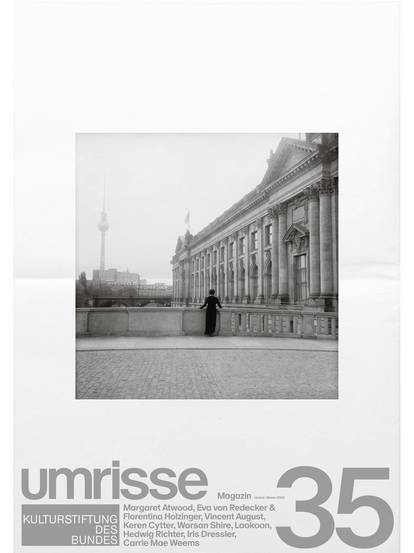
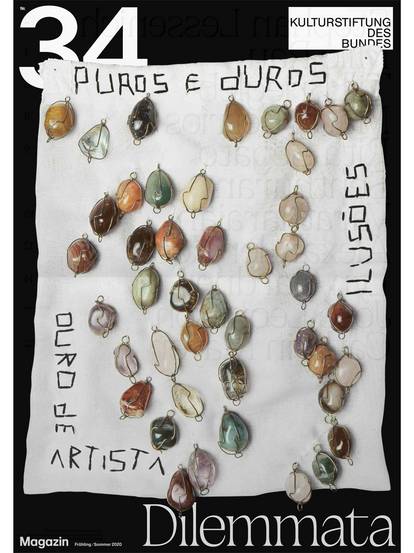
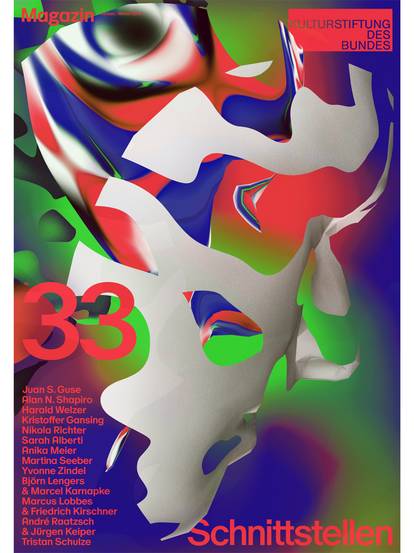
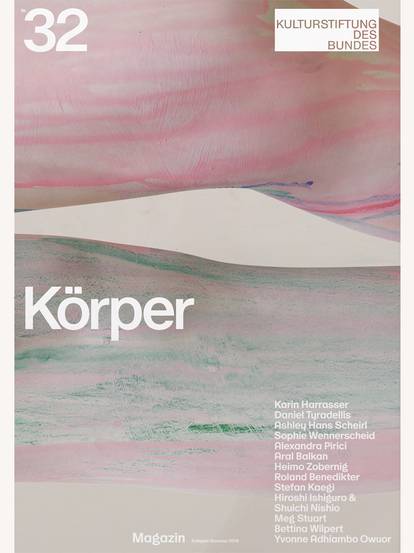
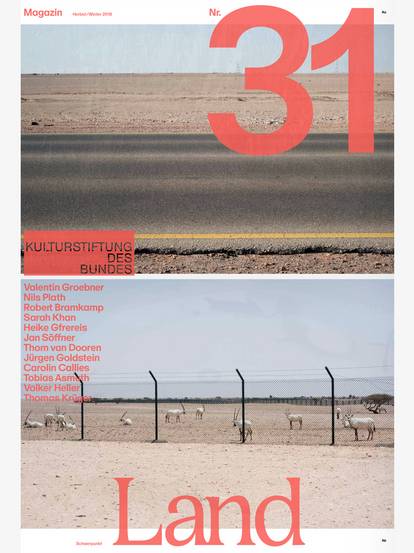
![[Translate to English:] Magazine 30](/fileadmin/_processed_/c/b/csm_magazin30_vorschau_9005f773d3.jpg)
